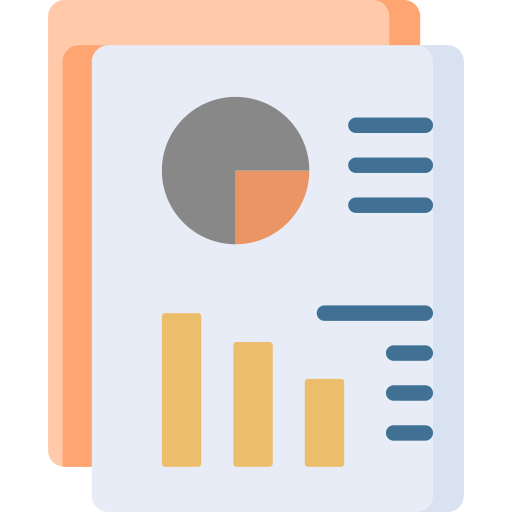- Services
- Academic Writing Service
- Assignment Help
- Academic Assignment Help
- Assignment Writers
- Custom Writing Services
- Online Assignment Help
- Effective Note-taking – Assignment Help
- Assignment Help Australia
- Write My Assignment
- Help on Assignments
- Buy Assignment Online
- Best Assignment Helper
- Assignment Paper Help
- College Assignment Help
- Help with Assignments Online
- Get Assignment Help
- Homework Assignment Help
- Thesis Writing Services
- Online Assignment Writer
- Collect material
- Assignment By Cities
- Assignments by Universities
- Essays
- Essay Writing Guide
- Essay Help
- Argumentative Essay
- Critical Essay
- Essay Writing Help on Comparison Essay
- College Essay
- Deductive Essay
- Essay Writer
- Admission Essay
- Online Essay Help
- Do My Essay Online
- Evaluative Essay
- History Essay Help
- Research Essay Help
- Urgent Essay Help
- Top Quality Essay
- Top Essay Writing Companies
- Cheap Essay Writing Help
- Professional Essay Help
- Cheap Essay Writer
- Essay Writers Online
- Need Help Writing Essay
- Essay Homework Help
- Write Essay Online
- Types of Essay
- Essay Writing Tips
- Essay Help Cities
- Other Services
- Dissertation Writing Assignment Help
- Cheap Assignment Help
- Creating An Appendix
- Assignment Help Tutors
- Assignment Assistance Australia
- Student Assignment Help
- Last Minute Assignment Help
- Urgent Assignment Help
- Assignment Provider
- Do My Assignment Help
- Make My Assignment For Me
- Solve My Assignment
- Custom Assignment Writing
- How to Write a Dissertation – Assignment Help
- Quality Assignment Help
- Write My Assignment For Me
- Assignment Writing Tips
- Buy Assignment
- Article Writing Service
- Assignment Help UK
- Animation Assignment Help
- Coursework Help
- College Assignment Help
- Leadership Assignment Help
- Network Planning Assignment Help
- Dissertation Proposal Writing Help
- Report Writing Help
- My Assignment Help
- Microsoft PowerPoint Presentation
- Pecha Kucha Presentation Help
- Pestel Analysis Assignment Help
- University Assignment Help
- Video Presentation Assignment Help
- Academic Writing Service
- Homework Help
- Subjects
- Sample Assignments
- Resources
- Blogs
- Get a Quote
QUESTION 2. 17
Consider the following situations and discuss whether they are income in ordinary concepts or not. Note: Where no dates are given, the previous tax year is to be assumed.
(a) On winning a major professional tennis tournament Mark received from the tournament organisers $100 000 cash and a gold trophy which cost $10 000 to make.
(b) In recent years, some people have entered into a barter system where they may exchange the use of something they own (e.g. lawn mower) for some other goods or services (e.g. fresh vegetables). Some of these systems have become quite sophisticated and now have a point system to compare different goods and services (e.g. the use of the lawn mower for 2 hours might be worth 10 points and a bunch of carrots may be 2 points). Discuss whether the exchange of goods for domestic use is income in ordinary concepts under s 6-5. If the goods exchanged were used in a business, for example, one farmer agrees to help his neighbour with his harvest in return for the use of the neighbour’s bull to mate with his cows, would your answer be different? (c) Your client owns a house in Warrnambool and intends to move permanently to Melbourne to work. However, she does not wish to sell her house in Warrnambool but intends to rent it for $350/week. At the same time she wishes to rent a place in Melbourne for about the same price. If your client goes ahead with this arrangement, will she have income in ordinary concepts from the rent received on the Warrnambool house? Would it make any difference if she was not paid the rent on the Warrnambool house but the tenant agreed to pay your client’s rent on the Melbourne house?
Expert's Answer

Chat with our Experts
Want to contact us directly? No Problem. We are always here for you




